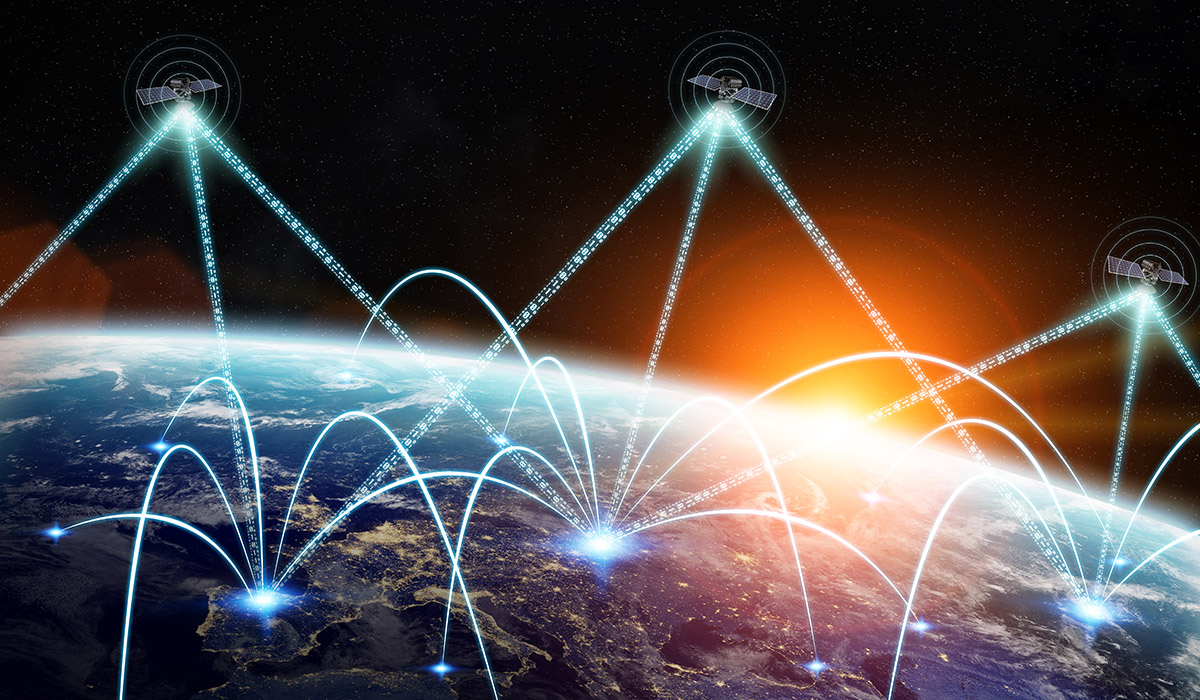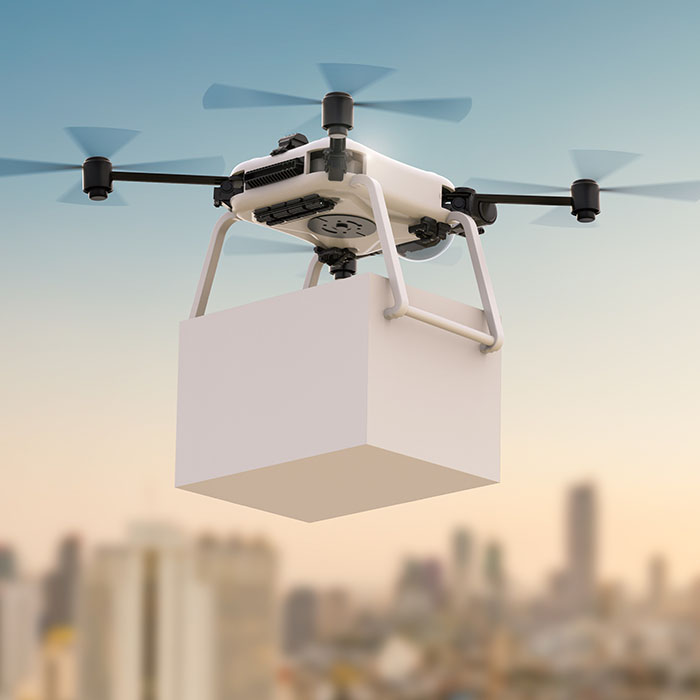June 21, 2024
NTT Data will Launch Several Satellites to Establish a Ground-based Observation Network in Space

In 2026, a small satellite will be launched. Initially, it will consist of a few units, but will eventually increase to dozens. The satellite will be used to operate all satellites in an integrated manner, expanding the range of observation. The policy sets the identification capacity at 40 centimeters, which is the smallest measurable value. This means that it will be possible to view the type of car and other detailed information. This represents a significant increase in capability compared to current commercial satellites, which are typically between one to several meters in length. This satellite is set to have the highest level of capability in the private sector worldwide.
Increasing demand for satellite imagery due to rising natural disasters and security concerns is encouraging government to promote space business expansion by companies in spite of budgetary and other constraints.
NTT Data's Expansion: A Game Changer in the Global Space Business Market according to the World Economic Forum, the global market for space business is expected to grow 2.3 times from 2023 to about $755 billion (about 120 trillion yen) in 2035. With a series of American and Chinese companies, including entrepreneur Elon Musk's US SpaceX, already in the market, Japan's late entry is about to change. NTT Group's move to commercialize this business will not only accelerate its expansion but also significantly impact the global market.
NTT Data's Future Plans: Launching a Specialized Subsidiary on July 1 NTT Data will launch a specialized subsidiary on July 1. This subsidiary will play a crucial role in the company's future plans, offering services such as combining satellite photos and 3D map information and processing them with artificial intelligence (AI) to create high-definition images. The company aims to increase sales of space-related business to 75 billion yen by 2030.








